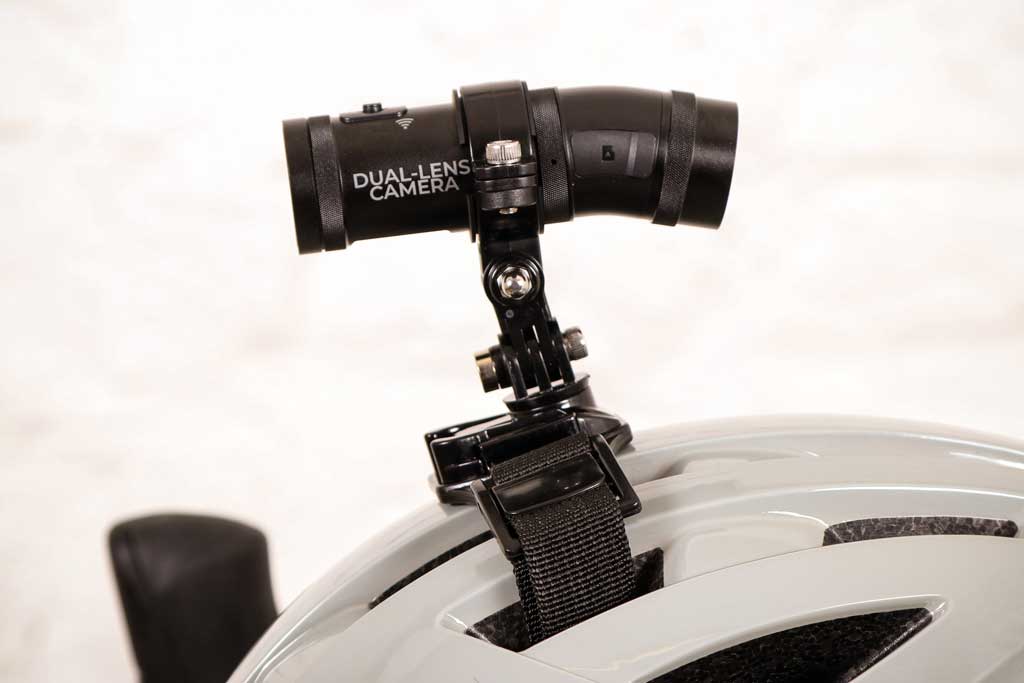
With rapid advances in technology, it is becoming increasingly common for motorists to use a variety of audio devices whilst driving. We know that the laws have become far stricter in the UK surrounding the use of mobile phones while driving, to ensure the safety of drivers and pedestrians and other road users. Whilst it is illegal for drivers to use a hand held mobile device, including to listen to music or other audio content, it is less widely known that it is also against the law to drive with headphones or ear buds in both ears, due to the fact that this can significantly reduce the drivers awareness of their surroundings and prevent them from hearing important sounds such as approaching emergency vehicle sirens or warning signals.
Although there are exceptions to this rule, for example drivers of emergency vehicles are allowed to use hand-held devices and to wear headphones and ear buds whilst driving if necessary. Another exception would be for drivers with hearing impairments who are also allowed to wear hearing aids whilst driving if they are properly fitted, and do not obstruct the driver’s field of vision or the ability to control the vehicle.
In respect of the volume of music that drivers are listening to, the UK has established noise level limits that apply to all vehicles on our roads, which includes the noise of the vehicle itself, for example exhausts. The maximum noise level, in decibels, is intended to prevent excessive sound that can be distracting and potentially dangerous to drivers and is currently restricted to 72 decibels. Should a driver fall foul of the limit, penalties such as fines, points on their licence, or disqualification could be imposed. It is important therefore that all drivers and riders play a part in doing everything possible to prevent distractions from audio devices to maintain a safe driving environment for motorists and other road users.
Whilst technology assists motorists in countless ways, we have seen an upsurge in the usage of mobile phones by cyclists to capture evidence of drivers committing offences on the road. Although this is not a new phenomenon (cyclists have been using helmet mounted cameras and mobile phones to record incidents for years), these recordings are increasingly being used as evidence to prosecute, mainly drivers, who commit offences. Police forces across England and Wales are encouraging cyclists to upload their digital footage to apps to assist in the prosecution of drivers.
The police have been working with cycling groups and bike shops to promote the use of mobile phones by cyclists as evidence gathering tools to assist police prosecutions. There are, however, serious concerns that this practise could lead to a backlash against cyclists and causing more worrying incidents of drivers reacting negatively, and often aggressively, towards the cyclists as a result and vice versa.
In terms of using a mobile phone whilst cycling, the Highway Code provides that cyclists must exercise proper control of their bicycle and stresses that any actions resulting in improper control should be avoided. A person who rides a cycle on a road dangerously is guilty of an offence, and any person riding a cycle on a road without due care and attention, or without reasonable consideration for other persons using the road, is also guilty of an offence. Mobile technology, used in an improper fashion, is arguably a distraction and therefore cyclists who are caught using a mobile phone to capture drivers’ behaviour while cycling, may be subject to prosecution themselves.
Whilst technology continues to provide remarkable advances in motoring, it can prove to be detrimental for drivers in certain situations, particularly those involving improper use of audio and video equipment.
Motoring Defence Solicitors are road traffic lawyers specialising in drink and drug driving offences. Based out of their central London offices, they provide free advice on a range of offences to motorists nationwide. You can contact Neil Sargeant for free on 0800 433 2880 or visit the website at
drinkdrugdriving.co.uk.
© Motorworld Media 2023
Registered Office: 4 Capricorn Centre, Cranes Farm Road, Basildon, Essex. SS14 3JJ
Company Number: 8818356
Website designed by Steve Dawson